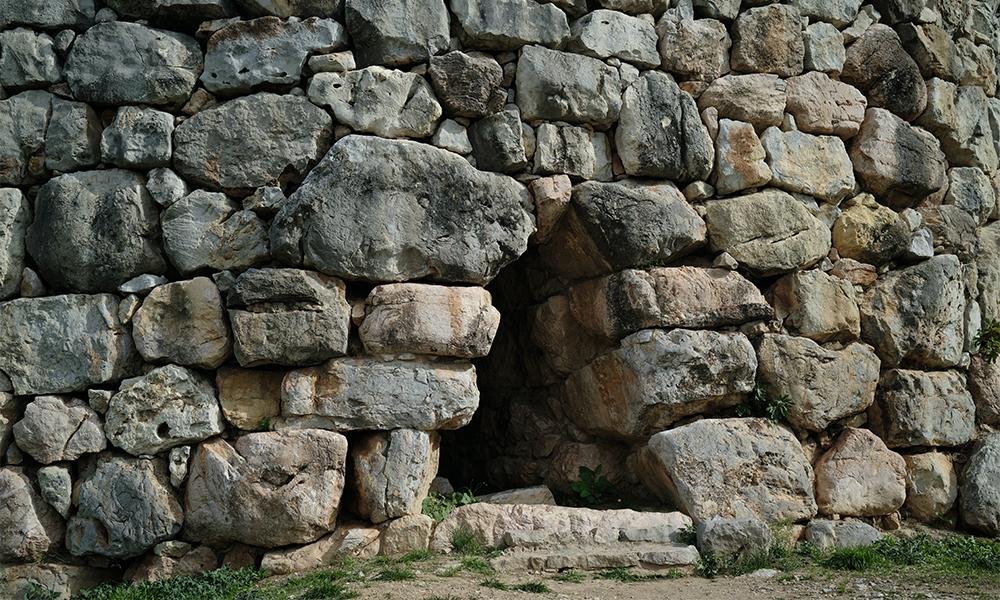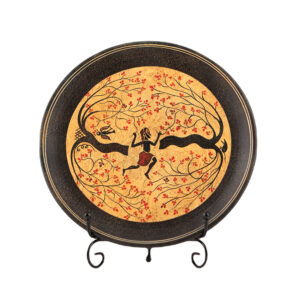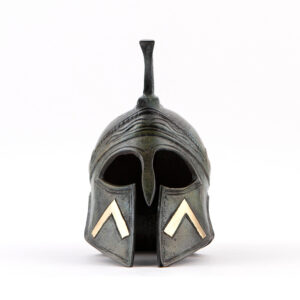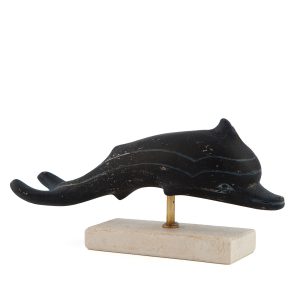
From kings to democratic elected officials. A short walk through the changes in the political systems of ancient Greece.
How City-States Developed
The rulers of the Mycenaean era often built their palaces on easily defensible heights. People settled inside the walls. These settlements developed into towns and then cities, expanding beyond the original walls. New walls were then built to enclose them. In classical times, Greece was divided into several city-states, each consisting of a city and the surrounding countryside and villages.
Types of government
In Mycenaean times, the states of Greece were ruled by kings assisted by their nobles. Around 800 BC, most of the kings were replaced by oligarchies, small groups of aristocrats. Many people felt their needs were being ignored by the oligarchs, so they helped tyrants (men who ruled themselves) rise to power. Some tyrants were good rulers, but others were cruel and unjust. At the beginning of the classical period, tyranny was replaced by democracy.
In a democracy, all citizens have a say in government, although in ancient Greece only men could be citizens. The states were small, so most men could attend meetings and were encouraged to take an active part in politics. The word politics comes from the Greek word polis, which means city. A meeting was held in Athens three or four times a month. All citizens could participate, express themselves and vote on government policies.
Poor citizens received a day's wages to attend the assembly: this was to enable them to take an active part in these matters. Wealthy citizens were expected to pay additional contributions to the state, such as the payment of warships or a new theatrical performance.
Pericles, a popular politician, was reelected in Athens every year between 460 and 430 BC. To keep an eye on officials, there was a system called ostracism. Citizens wrote the names of disapproving officials on ostraca, pieces of broken pottery. If a certain number of people thus voted against an official, he was banished from Athens for ten years.
Discover more
Polis in Ancient Greece - Wikipedia
History of citizenship, Ancient Greece - Wikipedia
Greek Direct Democracy - Lincoln Learning Solutions
more moments
Recent Posts
Selected items from our classical collection
Share this:
- Click to share on Twitter (Opens in new window)
- Click to share on Facebook (Opens in new window)
- Click to share on LinkedIn (Opens in new window)
- Click to share on Reddit (Opens in new window)
- Click to share on Tumblr (Opens in new window)
- Click to share on Pinterest (Opens in new window)
- Click to share on Pocket (Opens in new window)
- Click to share on Telegram (Opens in new window)
- Click to share on WhatsApp (Opens in new window)



